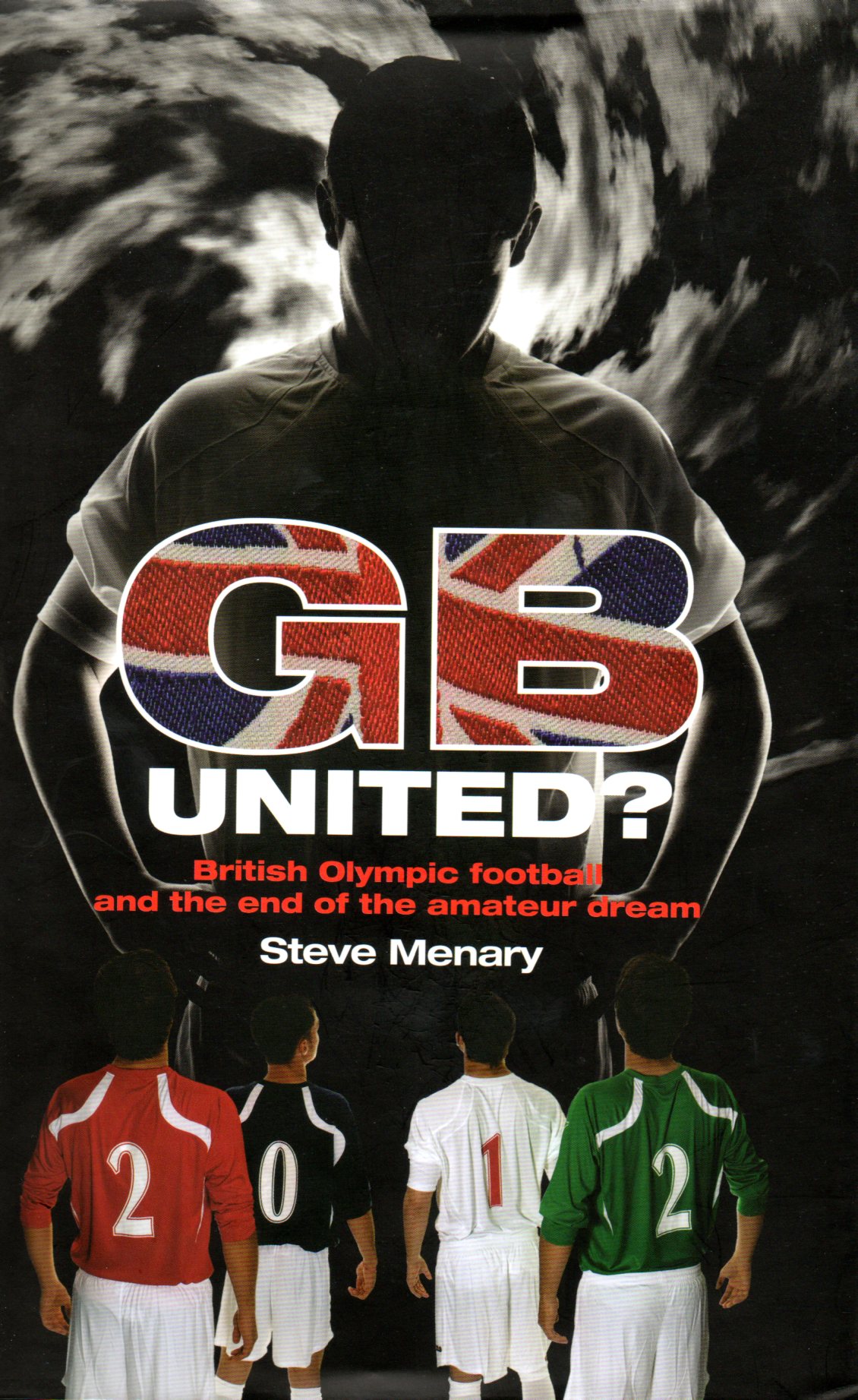Strictly speaking, Great Britain is
the island of England, Scotland and Wales, though people often use the term
to describe the United Kingdom of Great Britain and Northern Ireland. The
name 'Great Britain' was derived from 'Britannia Major' to distinguish
itself from the French peninsula of Brittany ('Little Britain' or 'Britannia
Minor'), when both were parts of the same kingdom. It was not named to
describe how 'great' Britain was, as some would like to believe.
When organised football was
introduced by the creation of the Football Association (FA), in 1863, it
was, primarily, to govern a game that was played in England, Scotland
and Wales. Public schools, the armed forces and, later, clubs
representing towns and cities came together to abide by an agreed set of
rules.
A natural consequence of these
organised games, was to reward outstanding individuals for great
performances, and regional teams were created to compete at a higher level.
The movement of Scottish players into English teams generated some healthy
rivalry on a national level and the games between England and Scotland were
organised as a result. This was followed by the creation of separate
football associations in the other home nations. By 1884, a Home
International Championship had been created to accommodate regular matches
between England, Scotland, Wales and Ireland. At this stage, there was no
desire to compete with anyone outside of the British Isles.
When other countries began to create
their own national teams, they were automatically given an increased choice
of opponents, rather than one representing the United Kingdom (UK), as each
of the home nations had already developed their own identities, so it was
never really an option for a Great Britain or a UK team to be formed.
However, the modern Olympic Games, which began in 1896, were, eventually, to
lead to such a team being created.
The British Olympic Association (BOA)
was the body originally set up to provide athletes to send to the Games as
representatives of the UK. In the early Games, there were teams and
individuals representing Scotland, Ireland and Wales, as well as combined
British and UK teams. The BOA sent its teams as 'Great Britain and Ireland'
rather than calling it the UK, probably because it was only representing a
part of the entire UK contingent, with other teams completing the UK
representation. When the Irish Free State was created, in 1922, the BOA
amended its Olympic team name to 'Great Britain and Northern Ireland', and
it has remained ever since. The Olympic Council of Ireland represents the
entire island of Ireland, and thus, is able to send UK athletes (from
Northern Ireland) as part of the Irish team. This dual nationality of
athletes from Northern Ireland means that the BOA has never been able to say
that it has exclusive jurisdiction over the whole of the UK, hence the
continued use of Team GB, rather than Team UK.
Football was not played at the
Olympics until 1900, and then only as a demonstration sport. The FA was
approached to send a team to Paris and, in accordance with the amateur
status of the event, sent an amateur club, Upton Park, who won the
competition, by defeating their hosts, by 4-0. Football was officially
introduced as an Olympic sport in 1908, when London hosted the Games for the
first time. The FA was, again, responsible for selection of the side and
chose the successful England amateur team to represent the host nation. This
team swept all before them at the White City, defeating Denmark in the final
to secure their gold medals.
The England amateur team repeated
their success in Stockholm, in 1912, but at the first Games following the
first world war, they were beaten in the first round, by Norway. It was to
be another sixteen years before another team was sent to the Games (in
Berlin, in 1936) and this was the first truly UK team, selected from each of
the four home nations. By this time, the Irish Free State had been formed,
whilst Northern Ireland remained within the UK.
Since 1936, the Great Britain Olympic
football teams have varied in their complement of non-English players. It is
a very complex history, which has had to face a number of emotive political
issues every step of the way. These include the sensitivity of conceding
individual national identity to a combined Team GB, the subsequent lack of
enthusiasm from the Scottish, Irish and Welsh associations, the often futile
attempts to compete as an amateur team against obviously professional
opponents and the perceived internal bias towards the selection of
southern-based amateurs, all set against the slow, but inevitable decline of
the amateur game in the UK.
This fascinating story, far too
complex to recount here and do it justice, is beautifully told, including
the personal accounts of those involved, in Steve Menary's 'GB
United? - British Olympic football and the end of the amateur dream'.
There can't be too many football books around that include first-hand
accounts of meeting Muhammad Ali, Emil Zatopek and Adolf Hitler!

____________________
GI